#brodsky
Text
youtube
Here is famous jewish-russian poet Iosyf Brodsky reading poem dedicated to Ukrainian proclaimation of independence (translated by Artem Serebrennikov, but without his commentary).
Brodsky is considered one of the geniuses of modern russian poetry. He has a number of awards (including the Nobel Prize), and he had to flee from the Soviet Union due to the fear of state presecution. So, you know, a classic russian liberal.
Dear Charles XII, the Poltava battle*
Has been fortunately lost. To quote Lenin’s burring rattle,
“Time will show you Kuzka’s mother”*, ruins along the waste,
Bones of post-mortem bliss with a Ukrainian aftertaste.
It’s not the green flag, eaten by the isotope*,
It’s the yellow-and-blue flying over Konotop*,
Made out of canvas – must be a gift from Toronto* –
Alas, it bears no cross, but the Khokhly* don’t want to.
Oh, rushnyks* and roubles*, sunflowers in summer season!
We Katsapy* have no right to charge them with treason.
With icons and vodka, for seventy years we’ve bungled,
In our Ryazan we’ve lived like Tarzan in the jungle.
We’ll tell them, filling the pause with a loud “your mom”:
Away with you, Khokhly, and may your journey be calm!
Wear your zhupans*, or uniforms, which is even better,
Go to all four points of the compass and all the four letters.
It’s over now. Now hurry back to your huts
To be gang-banged by Krauts and Polacks right in your guts.
It’s been fun hanging together from the same gallows loop,
But when you’re alone, you can eat all that sweet beetroot soup.
Good riddance, Khokhly, it’s over for better or worse,
I’ll go spit in the Dnieper, perhaps it’ll flow in reverse,
Like a proud bullet train looking at us askance,
Stuffed with leathery seats and ages-old grievance.
Don’t speak ill of us. Your bread and wheat we don’t need,
Nor your sky, may we all choke on sunflower seed.
No need for bad blood or gestures of fury ham-fisted,
Seems that our love is up, if it at all existed.
Why should we plow our broken roots with our verbs?
You were born out of earth, its podzolic soils and its herbs.
Quit flexing your rights and laying all the blame on us,
It is your bloody soil that has become your onus.
Oh, gardens and grasslands and steppes, varenyks filled with honey!
We’ve had greater losses before, lost more people than money.
We’ll get by somehow. And if you want teary eyes –
Wait ‘til next time, guys, this provision no longer applies.
God rest ye merry Cossacks, hetmans*, and gulag guards!
But mark: when it’s your turn to be dragged to graveyards,
You’ll whisper and wheeze, your deathbed mattress a-pushing,
Not Shevchenko’s* bullshit but poetry lines from Pushkin*.
For decades the conossieurs of russian culture has defended Brodsky and denied his authorship of the poem, until this video popped up in 2015. Oh but not russians tho, they don't deny it. They're proud of it! This particular translation I've found on an english website dedicated to popularisation of russian culture :) And of course it had a xenophobic comment expressing support of Brodsky and hatered towards ukrarinians ^)
So yeah, I think we have more than enough reasons to say that any person who claims that russian invasion of Ukraine came out of nowhere and/or that it was not motivated by xenophobia and imerialism towards ukrainians, is full of bullshit.
[context/references explained under the cut, buckle up for a long lecture]
Poltava battle was one of decisive clashes between Sweden and Russia during the Great Northern War. Initially Ukraine was fighting this war on the side of the russian empire as its vassal, but before the Poltava battle we switched sides. There were several reasons for this choice, among the most important - russian emperor breaking the treaty between the Hetmanate and Muscowy. Important context - the head of then ukrainian state, Ivan Mazepa, was very close to russian emperor - you could say, he was his father figure. Mazepa educated tzar Peter in European manner and helped him start the europeisation of the Muscowy. russians see this battle as a huge personal betrayal (the fact that Peter I betrated Mazepa first is always omitted, in russian culture, unlike ukrainian, the person higher than you on hierarchy doesn't owe you shit but has absoulte power over you). That was 300 years ago and russians are still salty about it. and Mazepa is probably the second most hated ukrainian historical figure after Bandera.
"Show you Kuzka's mother" - a phrase meaning "show them hell", famously used by the ussr general secretary Michael Khrushchev adressed to american politicians in 1959.
"Eaten by isotope" - reference to the Chornobyl nuclear disaster.
Konotop - a small city in Northern Ukraine, famous for the Konotop battle that happened between cossacks and muscowytes in 1659. In the modern russo-ukrainian war it became famous for witches that curse russian soldiers with erectile dysfunction. Interestingly enough, a "Konotop witch" has been a phenomena even before that, as refered in a short story of the same name by Hryhorii Kvitka-Osnovianenko, thus giving even more substance to the threat.
Toronto - canadian city, probably mentioned here due to the fact that many Ukrainians flead from the ussr to Canada, thus creating one of the biggest ukrainian diasporas in the world. Canadian ukrainians are known for being very politically active, publishing ukrainian literature at times when it was impossible to do so at home, and fighting soviet propaganda. As a result, Kremlin began a smear campaign painting all canadian ukrainians as nazis, which is effective till this day.
Khokhly - a common slur used against ukrainian. Most probably comes from old slavonic "xoxolъ" that means "bangs" and refers to the hairstyle typically worn by ukrainian men, that russians found funny.
Rushnyks - an embroidered decorative towel, used in home decor and some rituals [examples]
Roubles - russian currency.
Katsapy - common slur used against russians. They will want you to believe that the word comes from phrase "как цап" - "like a goat" and refers to the type of beard worn by russian men at old time, but this is purposeful misleading from the true origin of the word. Katsap comes from arabic "qassab", which means literally "butcher". A legend states that this comes from a single incedent when russian army, after promising to spare a city's residents if they surrendered peacefully, cut down every single person there. But different sources attribute this to different battles (some of which verifyably did not end with the city surrendering), so I don't think this can be bottled down to a single event.
Zhupans - a type of outer clothing popular in Ukraine and Poland [example, another example] Funny trivia - Word of Darkness tabletop universe used this word to describe a subtype of vampires from Eastern Europe, which is incredibly funny for me. Gimme mysterious british vampire warlocks called pullovers.
Hetmans - a military and political head-of-state in some medieval and Renaissance Eastern European countires, including Ukraine (known as Hetmanate back then).
Taras Shevchenko - perhaps the most influential ukrainian poet, artist, ethnografist and political figure, the metaphorical spiritual father of the country. His influence on the modern ukrainian culture is incomparable - half the things in Ukraine are named after him. He is also among the people who have the biggest number of monuments erected in the world - 1384. Taras Shevchenko's life story is extremely dramatic and deserves its own post - born in slavery, bought out of it thanks to his unique artistic talent, imprisoned for criticism of russian monarchy with an explicit ban on writing and painting, spent the second half of his life in exile. He wrote a lot about freedom and things we would call today anticolonialism and antiimperialism.
Alexander Pushkin - one of the "founding fathers" of russian literature, who is attributed with setting the standard of literary russian language. russians call him "our everything", but as far as I am aware he is hardly known outside the countries smeared by russian imperialism with the exception of some black classic literature fans due to being 1/4 black.
#russian culture#russian literature#russian poetry#poetry#brodsky#iosyf brodsky#xenophobia#imperialism#russian imperialism#rushism#rashism#Youtube
112 notes
·
View notes
Text
I wish I knew no astronomy when stars appear.
-Joseph Brodsky
8 notes
·
View notes
Text
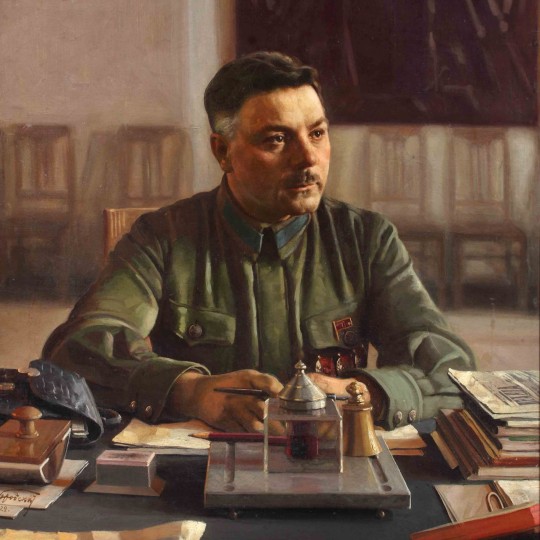
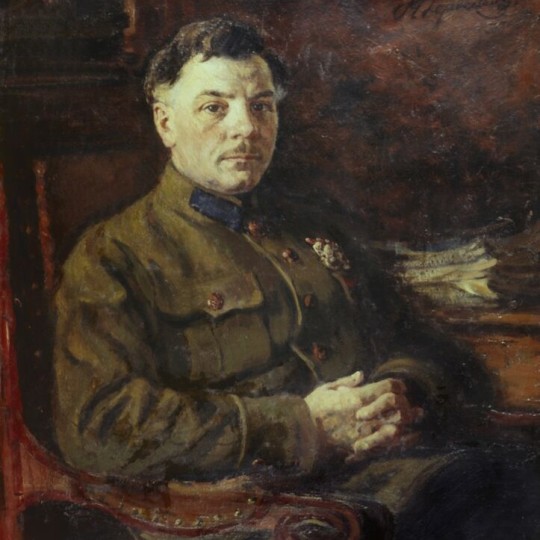

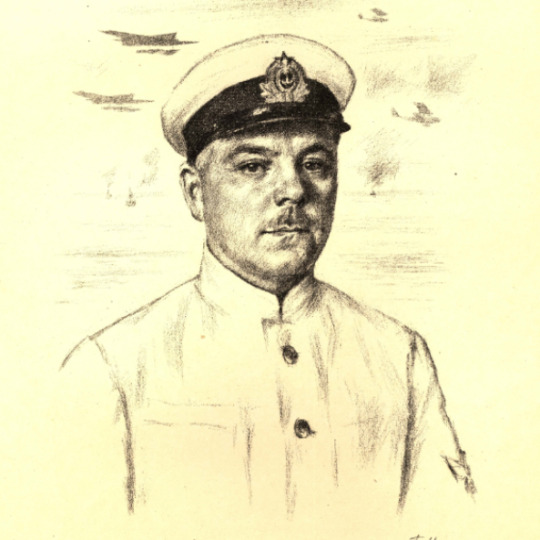
Voroshilov in art
Paintings by Brodsky, Gerasimov, Svarog, Vereisky
#kliment voroshilov#ussr#soviet history#soviet union#art#history#soviet figures#soviet politics#brodsky#gerasimov#svarog#vereisky#klimposting
10 notes
·
View notes
Quote
Je mehr wir reisen, desto komplexer wird unser Nostalgieempfinden.
Jospeh Brodsky: “Der sterbliche Dichter”, S.49
14 notes
·
View notes
Text
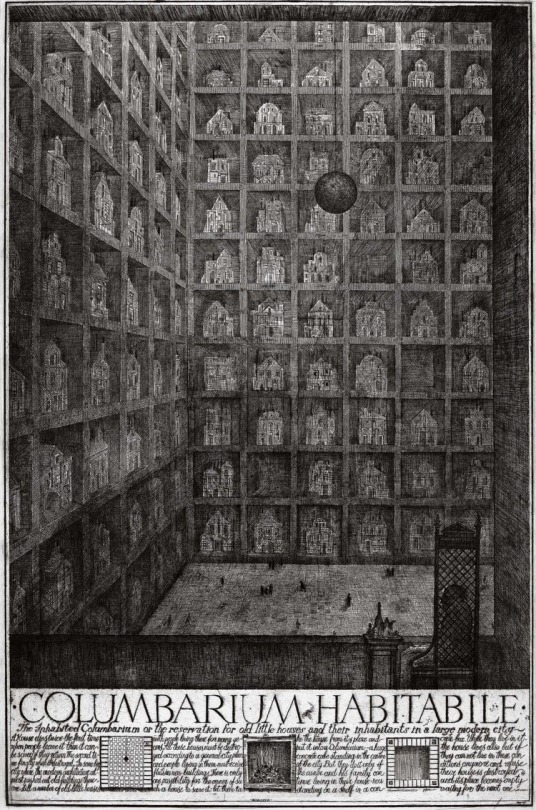
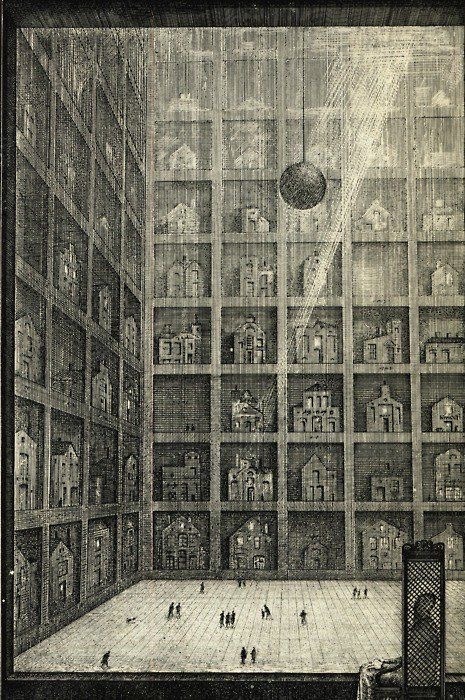
the paper architecture of Russian architects Brodsky and Utkin
Different scan qualities
#Alexander brodsky#utkin#brodsky#architecture#paper architecture#Russian architecture#Soviet architecture
6 notes
·
View notes
Quote
Я, предвкушая ваш сарказм и радость,
в своей глуши благословляю разность:
жужжанье ослепительной осы
в простой ромашке вызывает робость.
Я сознаю, что предо мною пропасть.
И крутится сознание, как лопасть
вокруг своей негнущейся оси.
Сапожник строит сапоги. Пирожник
сооружает крендель. Чернокнижник
листает толстый фолиант. А грешник
усугубляет, что ни день, грехи.
Влекут дельфины по волнам треножник,
и Аполлон обозревает ближних --
в конечном счете, безгранично внешних.
Шумят леса, и небеса глухи.
Уж скоро осень. Школьные тетради
лежат в портфелях. Чаровницы, вроде
вас, по утрам укладывают пряди
в большой пучок, готовясь к холодам.
Я вспоминаю эпизод в Тавриде,
наш обоюдный интерес к природе,
всегда в ее дикорастущем виде,
и удивляюсь, и грущу, мадам.
Иосиф Бродский - Одной поэтессе (1965)
2 notes
·
View notes
Text
“He simply felt that art is not about life, if only because life is not about life. For Dostoevsky, art, like life, is about what man exists for.”
- Brodsky
1 note
·
View note
Text

Joseph Brodsky, translated by Howard Moss, from a poem titled "I Sit By The Window,"
12K notes
·
View notes
Text
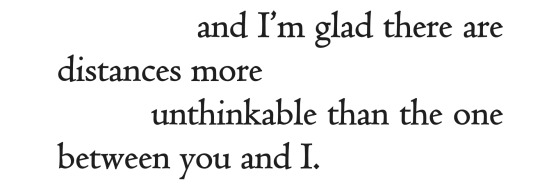
"Darling, I Left the House…", Joseph Brodsky
4K notes
·
View notes
Text
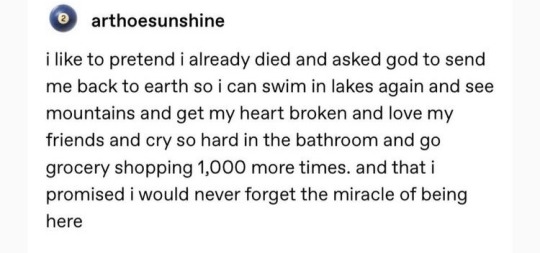
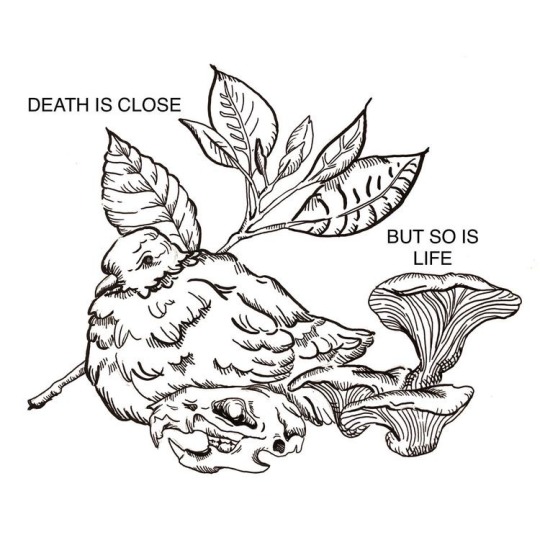


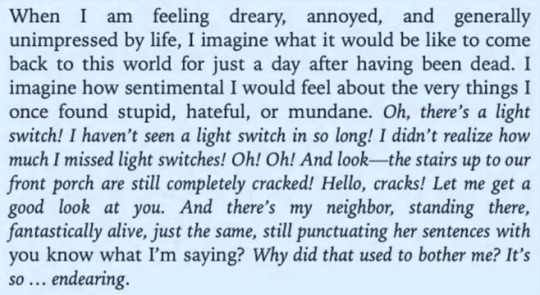

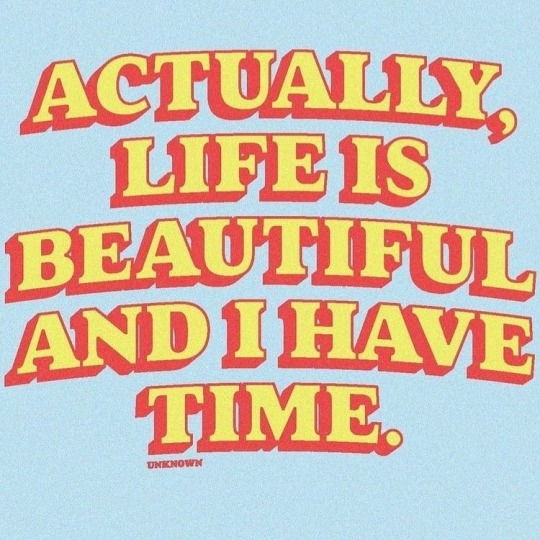
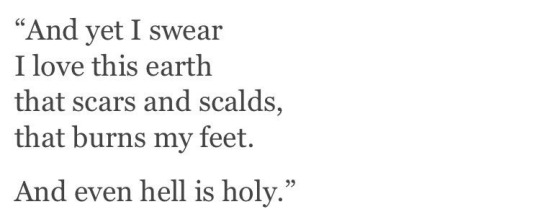
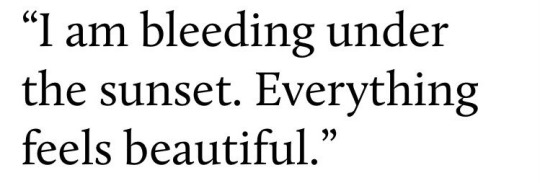
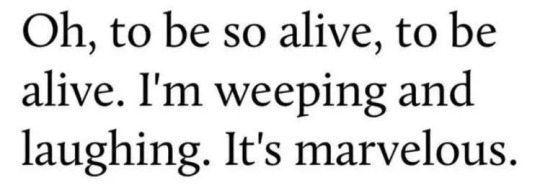
i am too in love with life, i don't want to die (i cannot fathom the absence of living)
arthoesunshine | sunlightafterdark | joseph cambell | mary oliver | amy krouse rosenthal | joseph brodsky | unknown | gregory orr | colette, tr by matthew ward | anaïs nin
#web weave#web weaving#on death#on life#on mortality#on hope#the self#poem#poetry#sunlightafterdark#mary oliver#amy krouse rosenthal#joseph brodsky#gregory orr#paradox creation
17K notes
·
View notes
Text

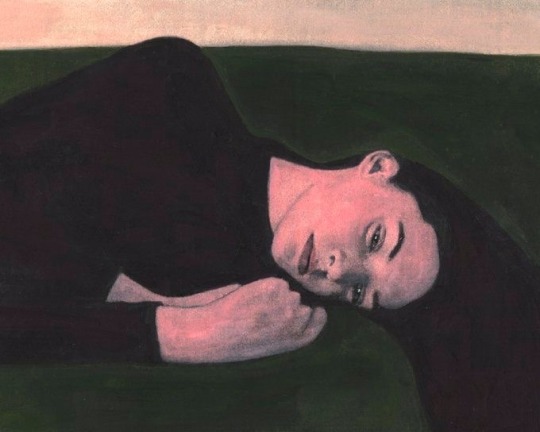

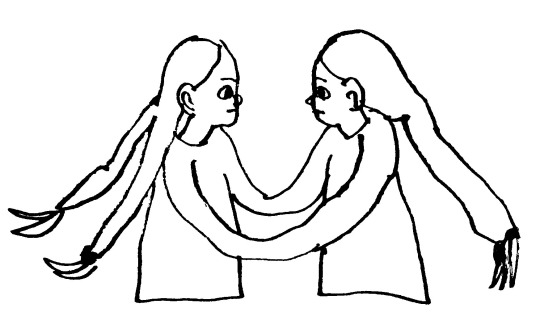




Thinking of you, even now
Darling, I Left the House, by Joseph Brodsky || Nickie Zimov || Faces in the Crowd, Valeria Luiselli || Garden of Words, Makoto Shinkai || Love, Alex Dimitrov || This is Not a Love Poem, Caitlyn Siehl
#web weaving#dark academia#quotes#on love#breakup#missing someone#but living without them#poetry#romantic academia#chaotic academia#alternative academia#poems and quotes#academia#chaotic academic aesthetic#prose#joseph brodsky#nickie zimov#valeria luiselli#makoto shinkai#garden of words#alex dimitrov#caitlyn siehl
3K notes
·
View notes
Text
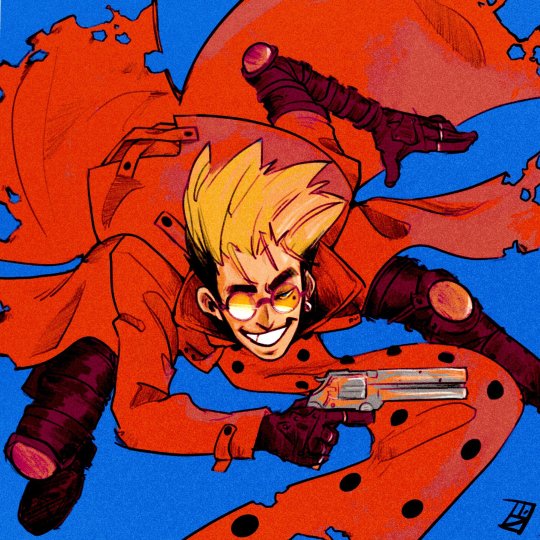

8K notes
·
View notes
Text
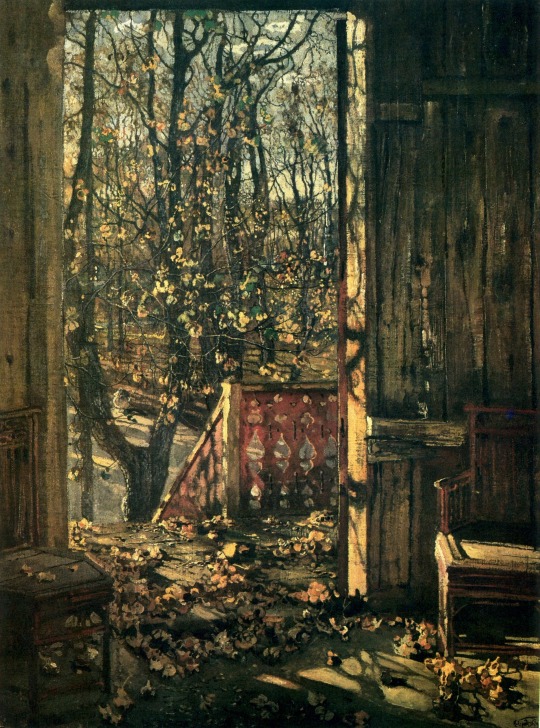
Isaak Brodsky - Fallen Leaves (1915)
2K notes
·
View notes
Quote
Wahrscheinlich ist es zu spät für die Welt, aber für das Individuum gibt es immer eine Chance.
Jospeh Brodsky: “Der sterbliche Dichter”, S.67
16 notes
·
View notes

